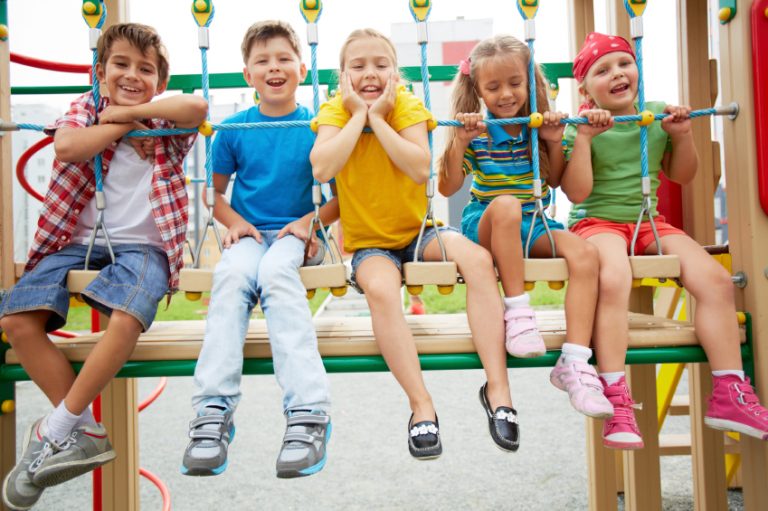Keep Their Brains and Smiles Working Through the Break
June 29, 2015
It’s summer. The kids are done with school and homework is the last thing on their mind. As parents, we face the balance of how to keep them learning, their brains working, and the lessons fresh while still leaving space for summer fun. I have always been a huge believer in allowing kids to rest. I want to keep summer free without workbooks or academic classes. That doesn’t mean that I think they shouldn’t use their brains for two months. We can find ways to engage them in learning without those things.
One way I’ve tried to keep my kids thinking during breaks is to surround them with books. We go to the library, the book store, listen to audiobooks, and request particular favorites. Recently, I ran into a teacher who had given this a lot of thought and knew about the studies on reading as a vehicle for learning. He told me about the work of Stephen Krashen, a researcher in the fields of linguistics and language acquisition.
Most applicable to our summer, Krashen strongly believes in “Free Voluntary Reading,” which supports the idea that kids should be encouraged to read books that they choose. He bases this on two key ideas. The first is that we gain not only knowledge of the subject matter as we read but simultaneously gain knowledge in vocabulary, grammar, and spelling. This is not to discount more specific lessons in those subjects. Instead, it gives more weight to the input they receive outside of lessons, which brings us to Krashen’s second basis for Free Voluntary Reading. The input kids receive should be at their level and preferably something that they will connect with.
I’ll never forget the panel when author, Barrie Sumy, shared about her reading experience growing up. Her parents related books to good food and junk food. She had to read a “good” book such as classic literature before a more popular book like her friends might be reading. At first, the book lover in me liked this idea. I want my kids to love the classics. But as Barrie talked about her feelings, I realized that kids have to be lead to the classics not forced. Likewise, Krashen’s approach would use the less intimidating books chosen by the kids themselves to get them to the point of reading a “heavier” classic.
Naturally, one man’s studies can’t include everything involved in learning, but Krashen’s results line up with what I’ve seen in the classroom and with my own kids. It is nice to find research to confirm my summer choices. I would encourage you to let books and time to read them have a prominent position in your home during your kids’ time away from their more formal schooling.





